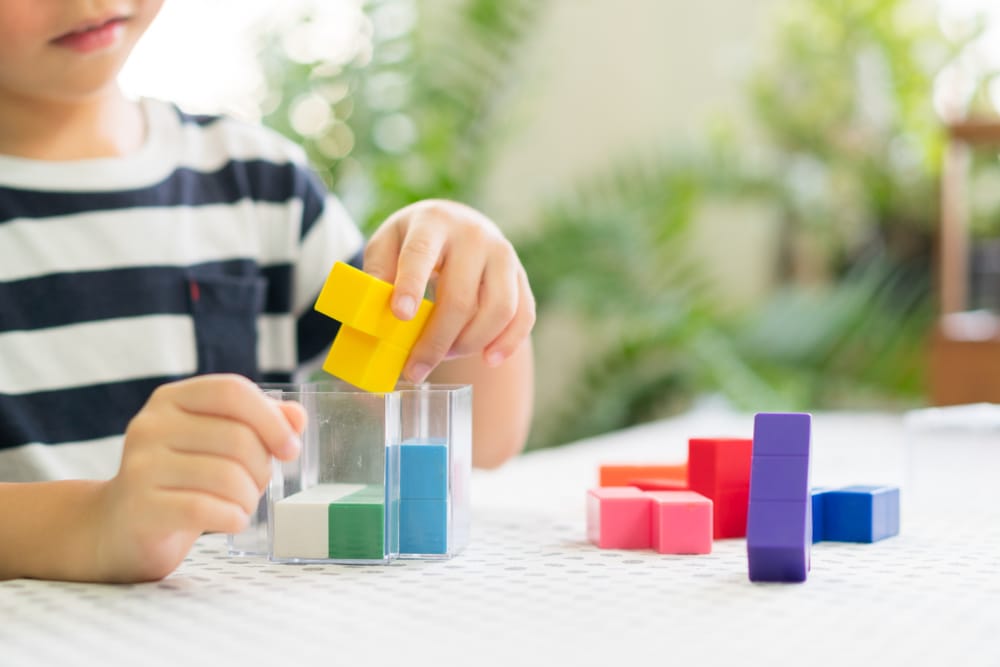
The concept of consistency is an important one when it comes to the development of young children, and two settings where this topic is often discussed are the home and a child care center. Particularly for pre-K children who are in vital developmental stages, how can parents utilize science-backed strategies to reinforce pre-K learning in the home?
At Devlin's Child Development, we're proud to offer the very best pre-K child care programs available in Sandy, Utah and nearby areas, including daycare programs, preschool classes and more. Our team of experienced child care professionals and educators regularly coordinates with parents to ensure consistency across our settings, and works with parents on tactics for reinforcing pre-K learning at home. Here are some basic, science-backed approaches to consider in this important area.
For parents, it's very important to have a basic understanding of how pre-K children learn and develop. During the preschool years, children are rapidly developing cognitive, emotional, social, and physical skills. They are also learning to communicate effectively and express themselves in different ways.
It's important to realize that learning for children of this age is simply mixed in with all the other aspects of their lives. During play, they are learning how to take turns, share, and negotiate with others. Through modeling behaviors and interactions with adults, they are learning how to behave appropriately in different social situations.
One of the chief roles a parent or caregiver has during the early childhood years is to establish and maintain structure and routine in a child's life. This includes setting consistent bedtimes, mealtimes, and playtimes, as well as providing a safe and organized environment for the child to explore. Consistent routines can help children feel secure and develop a sense of predictability in their lives.
Furthermore, this structure should be generally aligned with your child's pre-K facility. While this doesn't mean every single element of their schedule needs to be identical, having a similar overall structure and routine can help your child transition more smoothly between home and school environments.
Another vital aspect of supporting your child's pre-K experience is maintaining open and consistent communication with their teachers. This can include weekly updates or check-ins, attending parent-teacher conferences, and taking advantage of any communication channels the facility may have in place.
By staying connected with your child's teachers, you can gain valuable insights into their progress and development, as well as address any concerns or issues that may arise. This also allows for collaboration between you and the teachers to ensure your child receives the best support possible.
It may seem overly basic, but just having simple conversations with your child about their experiences at the facility can provide valuable information. Ask them about their day, what they learned, and if there were any challenges or successes. This can help you gauge their engagement and understanding of the curriculum.
This approach also helps with retention. By encouraging children to recall and explain what they learned, it solidifies the information in their minds.
Many facilities hold events throughout the year for students and families to come together. These can range from holiday-themed parties to educational workshops. Make an effort to attend these events as they provide a great opportunity for you to interact with your child's teachers and see how your child is progressing in a social setting.
It also helps your child feel supported knowing that their family is involved and interested in their education. Plus, it allows you to get a better understanding of any areas where your child may need extra support.
When good opportunities arise, take advantage of them to engage in play and learning activities with your child. This could include playing games that involve letters, numbers, or problem-solving skills, or even just exploring nature together.
By participating in these types of activities with your child, you are not only bonding and creating memories, but also facilitating their cognitive and social development. These experiences can also help identify any areas where your child may need additional support or practice.
Additionally, allowing your child to take the lead in these activities can boost their confidence and independence. Encourage their curiosity and provide materials for them to explore and create with.
There are a number of ways parents can play an important role in reinforcing pre-K learning at home. For more on this important subject, or to learn about any of our preschool, daycare or other pre-K services in Sandy and nearby areas, contact our team at Devlin's Child Development Center today!
